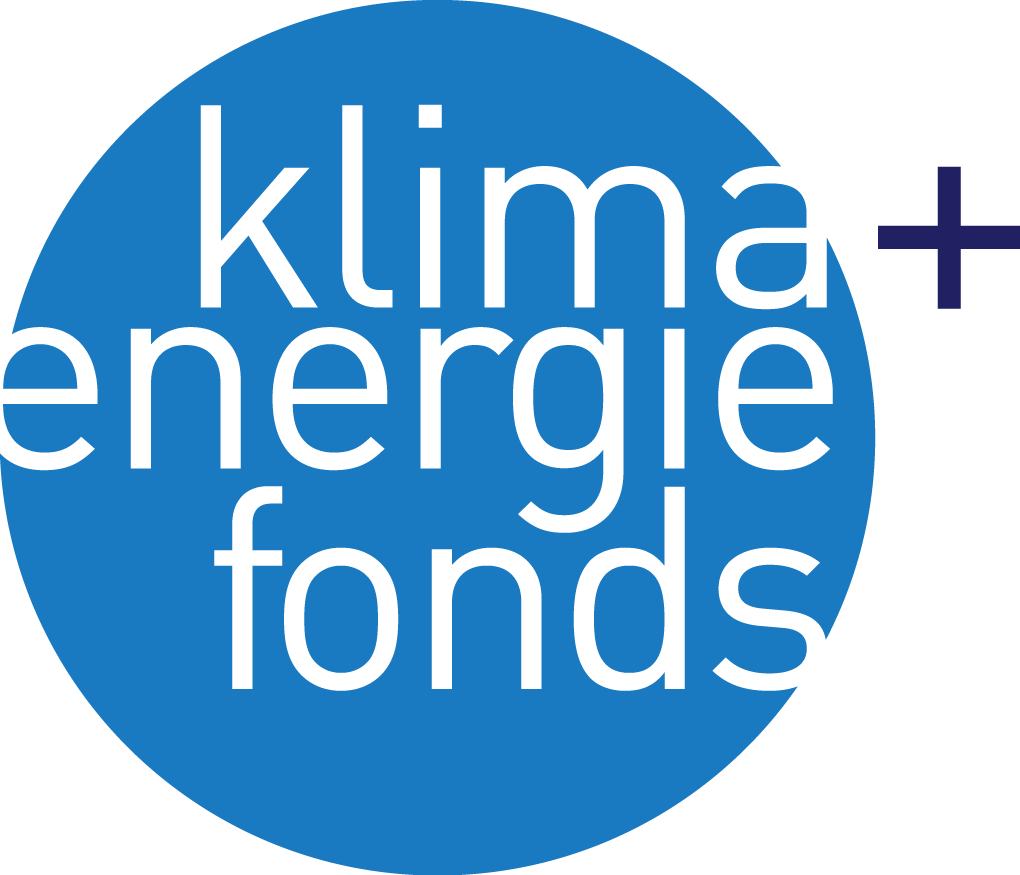In BioMonI, we aim to build a global long-term monitoring network tailored to the pressing needs of biodiversity conservation and monitoring on islands. We are working to develop and implement a novel approach that considers mobilising existing monitoring data, identifying gaps in these data and in existing monitoring efforts, and developing and harmonising monitoring schemes for island biodiversity across the oceanic islands of the European Union and beyond.
Oceanic islands contribute disproportionately to global biodiversity, hosting many endemic species with unique evolutionary and functional adaptations. Regrettably, islands are epicentres of biodiversity change, particularly vulnerable to anthropogenic disturbances such as habitat loss, climate change, and the introduction of non-native species. The impact of these anthropogenic drivers on islands has far-reaching implications. Therefore, in BioMonI, we work to underscore the importance of oceanic islands and related monitoring efforts at national, regional, and global levels. BioMonI aims to empower local and regional stakeholders by providing standardised monitoring protocols, historical baselines, quantitative estimates, and co-develop future scenarios of Essential Biodiversity Variables (EBVs) and Ecosystem Service Variables (EESVs).
The Vienna team will focus on the development of future scenarios of island biodiversity within the context of the Kunming-Montreal Global Biodiversity Framework.
Collaboration partners:
- University of Göttingen (Germany; Lead)
- University of the Azores (Portugal)
- University of La Laguna (Canary Islands, Spain)
- University of Neuchatel (Switzerland)
- University of La Réunion (France)
- Spanish National Research Council (CSIC, Spain)

